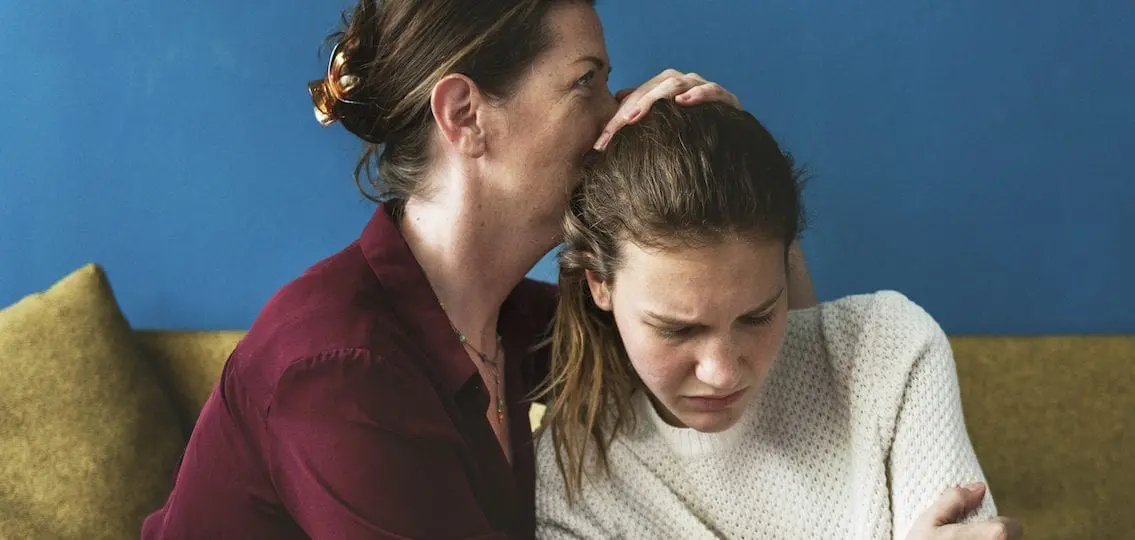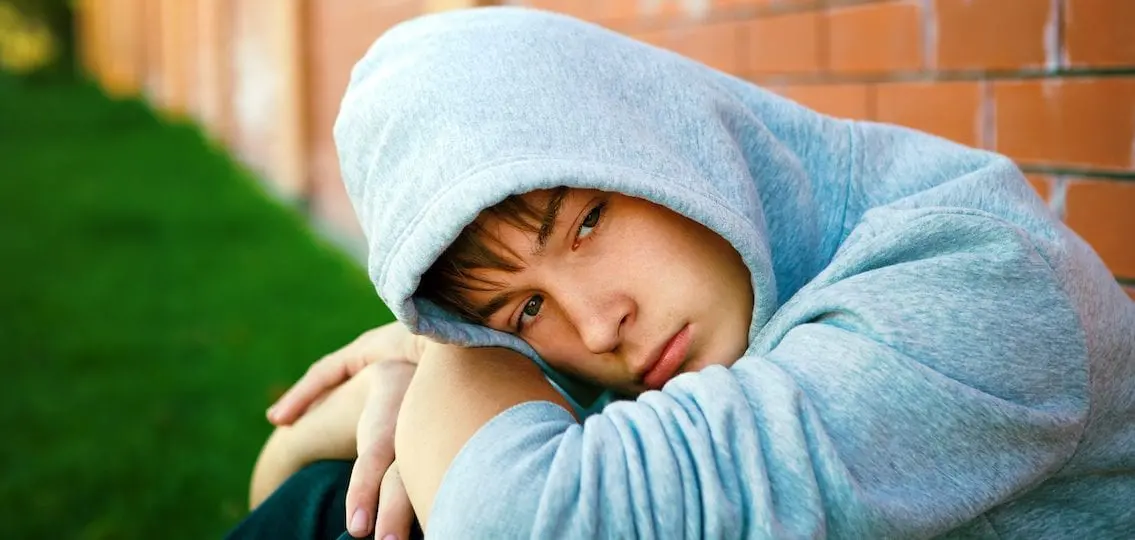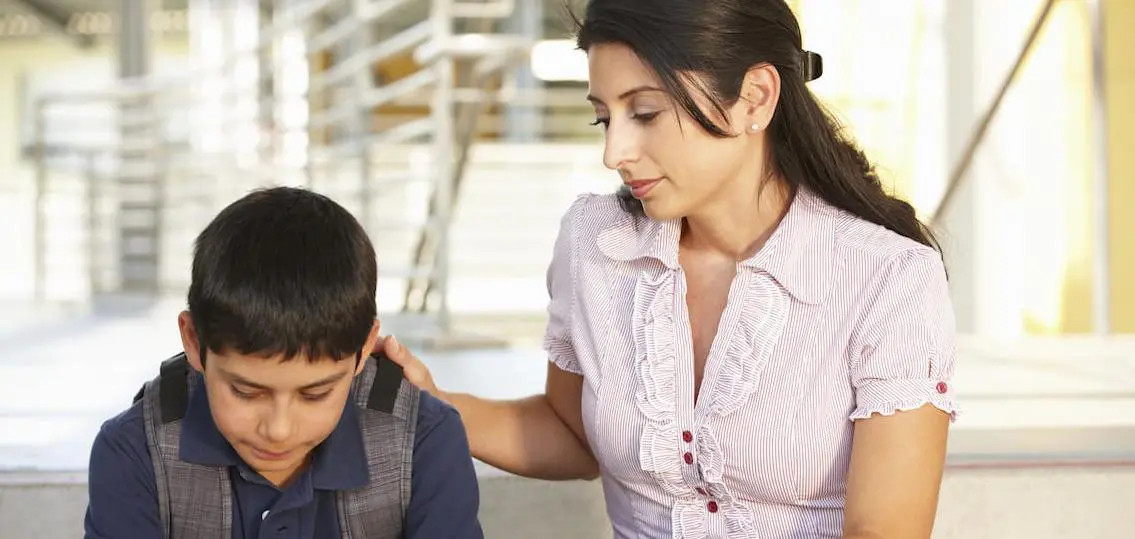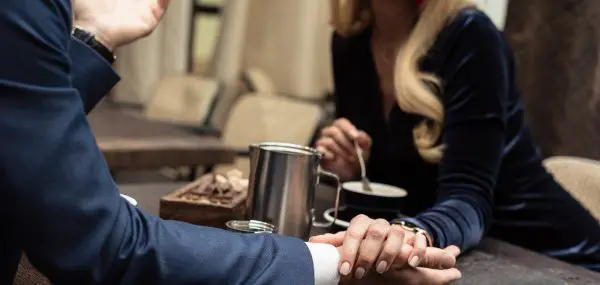I just delivered my oldest son to college. Since my other two children are with their dad, I came home to a quiet house. I spent a few minutes standing in the middle of rooms that seemed empty and abandoned. Then I made a cup of tea, ate a piece of cake, had a good cry, and watched a British movie.

I cried for all the usual reasons—the passing of time, the letting go, the loss of identity and fear of no longer being needed—but also because his dad and I were both there, together, to see him off.
Those were tears of relief.
I congratulated myself on a job well done, despite still-vivid memories of the day, many years ago, when his father asked me to sit at the dining room table, and then read three things from a list in his hand. He spoke words that made me slide to the floor, shattered my world, and destroyed every assumption I’d ever made about love, friendship, and faithfulness.
Parents and Teens Dealing with Divorce
As I navigated the aftermath of betrayal and began the daunting task of dismantling my marriage, I struggled with how to tell our three children about our split. When I finally gave them the news, I said all the right things. Our decision had nothing to do with them, and even though our love had changed, the love between parents and children doesn’t—and we would always be a family.
Our son was seven at the time, and the next morning he cheerfully announced, “I know why you guys are getting divorced: Because of the economy!”
In the ten years since that morning, my children’s insights have not always been so sweet and funny. And my ability to side-step explanations has not always been so easy. They’re teenagers now, which means they see-saw between wanting razor-sharp answers to shoving in earbuds and saying, “I don’t want to talk about it.”
I can no longer smile and deflect on certain topics, but I can follow the advice my therapist gave me when they were younger. “If they have questions, give them simple, honest answers. If you don’t know the answer, don’t pretend you do.”
Honest Answers After my Divorce
So when my oldest son flat out asked me, “Did dad have a girlfriend when you were married?” I was able to say, “That’s a conversation you should have with him.”
Rather than fumbling with explanations, I learned that the best I can do is let them negotiate their own relationships. I can let them know our experiences separate and my opinions don’t have to influence theirs.
And because actions speak louder than words, I can focus on being a good example.
This manifests in different ways. When my daughter was twelve, she was very clingy. She became anxious if I had plans, so I chose to stay home on the nights she was with me. Then a wise friend pointed out that, rather than comforting her, I was teaching her that I didn’t have a life and that my needs didn’t matter. When I started showing her that I needed time with friends, she stopped whining and became more social herself.
Modeling Mature Behavior
When my sixteen-year-old son missed his flight coming home from summer camp, I had to let his father handle the logistics of getting him a hotel room and booking a return flight. I had to admit that his dad was calmer and better equipped to deal with the situation. I also had to refrain from texting my son every hour to check in. Finally, when my son was safely home, I had to acknowledge how well the two of them had worked together.
None of these lessons came easily, and modeling mature behavior for today’s savvy teenagers is, at its best, a crap shoot.

When I doubt myself, I think of the time, early in my divorce, when I made myself sit next to my ex-husband during a school assembly. At home that night, my daughter gave me a drawing of what looked like a lumpy vase with handles. Under it she wrote:
“Mom and Dadyy win the trofye. Wow! Ceap it up! Youv done a asum job!”
We do the best we can. And that’s enough.




